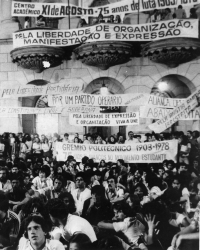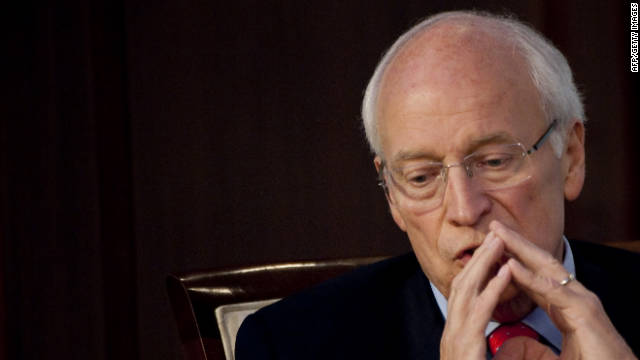By Tamara Alfred
Impunity Watch Reporter, Africa
The first African woman to be awarded the Nobel Peace Prize, Wangari Maathai, died late Sunday in a Nairobi hospital at the age of 71 following a battle with cancer. Maathai was awarded the Nobel Peace Prize in 2004.

Maathai believed that a healthy environment helped improve lives by providing clean water and firewood for cooking, thereby decreasing conflict. The Kenyan organization she founded, the Green Belt Movement, planted 30 million trees in hopes of improving the chances for peace. Her triumph later inspired the United Nations to launch a worldwide campaign resulting in the planting of 11 billion trees.
Although the tree-planting campaign did not initially address issues of peace and democracy, Maathai said it became clear over time that responsible governance of the environment was not possible without democracy.
“The tree became a symbol for the democratic struggle in Kenya,” said Maathai during one of her speeches. “Citizens were mobilized to challenge widespread abuses of power, corruption and environmental mismanagement.”
Seen as a threat to the rich and powerful, Wangari Maathai was beaten, arrested and vilified for the simple act of planting a tree, a natural wonder Maathai believed, could reduce poverty and conflict. At least three times during her activist year, she was physically attacked, including being clubbed unconscious by police during a hunger strike in 1992. She also staged protests that vilified former Kenyan president Daniel arap Moi, a repressive and autocratic ruler, who called her a “mad woman” who was a threat to the security of Kenya.
In the summer of 1998, the Kenyan government was giving land to political allies in a protected forest on the outskirts of Nairobi. Maathai launched a campaign to reclaim the land, ending in a confrontation with 200 hired thugs armed with machetes and bows and arrows. While trying to plant a tree, she and her cohorts were attacked with whips, clubs and stones. Maathai sustained a bloody gash to her head.
“Wangari Maathai was a force of nature. While other deployed their powers and life force to damage, degrade and extract short term profit from the environment, she used her to stand in their way, mobilize communities and to argue for conservation and sustainable development over destruction,” said Achim Steiner, executive director of the U.N. Environmental Program, for which Maathai served as an inspiration.
Various world leaders expressed their sorrow at having lost Maathai and her efforts.
“Wangari Maathai combined the protection of the environment, with the struggle for women’s rights and fight for democracy,” said Geir Lundestad, director of the Nobel Institute.
“At last count, the Green Belt Movement…had assisted women to plant more than 40 million trees,” said Archbishop Desmond Tutu in a statement. “She understood and acted on the inextricable links between poverty, rights and environmental sustainability. One can but marvel at her foresight and the scope of her success. She was a true African heroine.”
“The values she had for justice and civil liberties and what she believed were the obligations of civil society and government,” said Vertistine Mbaya, Maathai’s colleague at the University of Nairobi. “She also demonstrated the importance of recognizing the contributions that women can make and allowing them the open space to do so.”
Former U.S. Vice President Al Gore said Maathai “overcame incredible obstacles to devote her life to service – service to her children, to her constituents, to the women, and indeed all the people of Kenya – and to the world as a whole.”
For more information, please see:
CNN – Maathai: World mourns passing of ‘true African heroine’ – 26 September 2011
Huffington Post – Wangari Maathai, Nobel Peace Prize Winner, Dies – 26 September 2011



